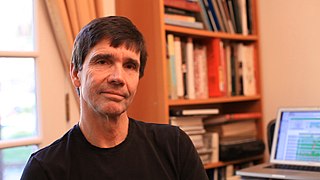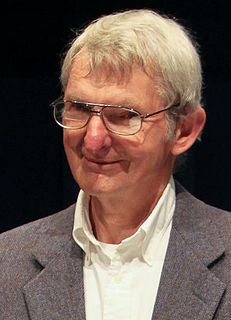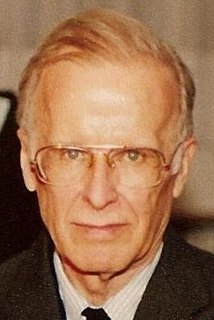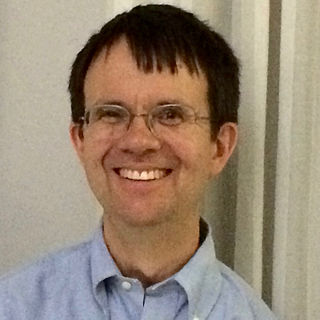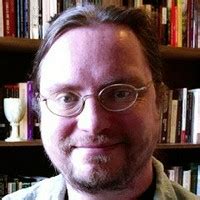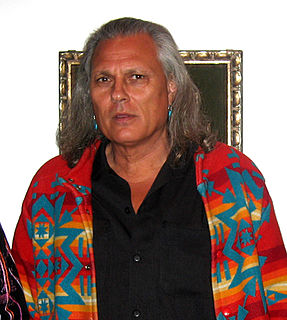A Quote by Bill Budge
Related Quotes
I started out as a poet who primarily wanted to write about image and moment. Over the years I've been trying to teach myself how to do plot and scene. My first story collection had the most issues with the plotlessness, and when I was writing my second collection I was teaching myself how to make things happen.
There is a marvelous peace in not publishing. It's peaceful. Still. Publishing is a terrible invasion of my privacy. I like to write. I live to write. But I write just for myself and my own pleasure. I don't necessarily intend to publish posthumously, but I do like to write for myself. I pay for this kind of attitude. I'm known as a strange, aloof kind of man. But all I'm doing is trying to protect myself and my work.
When you write a program, think of it primarily as a work of literature. You're trying to write something that human beings are going to read. Don't think of it primarily as something a computer is going to follow. The more effective you are at making your program readable, the more effective it's going to be: You'll understand it today, you'll understand it next week, and your successors who are going to maintain and modify it will understand it.
When I make music, I play it, I produce it, I write it. It's a very self-centered thing, not in a negative way. But I primarily work by myself, that's my process. When I'm acting, I'm there to serve the director and the character. I'm here to give you what you need. Communicate that to me and I will do what I need to do to get that. So that's what it's about.
